Will AI replace human jobs? You’ve probably heard the buzz robots are coming for our jobs! But is it really that simple? If you’ve ever sat with a cup of chai or coffee and wondered if your role at work might someday be done by a machine, you’re not alone. The conversation around artificial intelligence (AI) is growing fast and so are the fears.
In this post, we’re not diving into science fantasy. We’re having a real, honest conversation. Will AI replace human jobs? Or will it open new doors, creating opportunities we never thought possible? Let’s unpack the truth together with some friendly advice, relatable examples, and an honest look at where things are headed.
By the end of this post, you’ll walk away with a clearer picture of what AI means for your future and how to stay one step ahead of the curve.
No 1. What AI Is (and What It Isn’t)
Before we dive into job loss fears, let’s clear up a common misunderstanding. AI’s not some magical force that can instantly replace humans in every role. It works through data, patterns, and algorithms. It’s great at doing repetitive, structured tasks like scanning invoices or sorting emails. But when it comes to empathy, creativity, or decision making with nuance? That’s still very human.
Take ChatGPT for example (yes, I know the irony). It can generate content, but it doesn’t know your lived experiences. A nurse connecting emotionally with a patient? A counselor understanding silent pain? That’s not something AI can do. So yes, AI is powerful. But it’s not human, and it can’t truly replace human connection.
No 2. Jobs That Are Most at Risk
It’s true some jobs are more vulnerable than others. Routine heavy jobs like data entry clerks, telemarketers, or even factory workers are being replaced by automation tools. It’s not because these jobs aren’t valuable, but because machines can often do them faster and cheaper.
A friend of mine who worked in logistics saw her company switch to AI powered route planning. At first, she panicked. But she quickly upskilled into an operations coordinator role. And now? She’s managing the AI tools instead of fearing them.
See More: Robotics Technology in Everyday Life: Real Uses, Real Impact
If your job involves repetitive tasks with little human interaction, it’s smart to explore new skills and pivot while you can.
No 3. Jobs That AI Can’t Replace (Yet, or Ever)
Let’s talk about the safe zones. Creative jobs like graphic design, writing, or video editing are harder to automate fully. AI can help, but it can’t feel emotion. Same goes for jobs that rely heavily on emotional intelligence: therapists, social workers, educators, nurses, and more.
Also, hands on roles like electricians, plumbers, and construction workers are fairly safe for now. Why? Because robots can’t (yet) handle complex physical tasks in unpredictable environments.
Think of AI as a tool not a replacement. Use it to assist your creativity or enhance your efficiency.
No 4. AI Is Creating New Jobs Too
Here’s the twist most people miss: AI isn’t just taking jobs. It’s also creating them.
Roles like AI trainers, data ethicists, prompt engineers, and automation analysts didn’t even exist a few years ago. Now they’re in high demand.
It’s like the internet boom all over again. Yes, old roles disappear, but newer, often better ones emerge. The key is to be open to learning and shifting as the world evolves.
If you’re curious and adaptable, you can carve out a meaningful career even in an AI driven world.
No 5. How to Future Proof Your Career
Worried about your future? Here’s some friendly advice: start learning skills that are hard to automate. Focus on:
- Critical thinking
- Emotional intelligence
- Creativity
- Leadership
- Tech literacy (basic AI knowledge helps!)
Real-life example? My cousin, a school teacher, started learning basic AI tools during COVID. Now, she uses them to personalize student learning and improve lesson planning, and her job feels more secure than ever.
No 6. How AI and Humans Can Work Together
It doesn’t have to be a war: AI vs Humans. The future could be teamwork.
Doctors using AI to detect diseases earlier. Lawyers using AI to scan documents faster. Marketers using AI to test campaign ideas. It’s all about collaboration, not replacement.
Learn how to use the tools available, instead of ignoring them. The more you understand AI, the more power you have to stay ahead of it.
Key Points: Will AI replace human jobs
- AI is great at repetitive tasks, but not at being human. Tasks like data entry and invoice processing? Sure, AI can handle those. But when it comes to empathy, creativity, and problem-solving, humans are still irreplaceable.
- Customer support needs people, not just bots. Ever felt misunderstood by a chatbot? That’s because AI lacks emotional intelligence. People still want and need real conversations.
- Automation isn’t stealing jobs; it’s changing them. Tools like Grammarly or scheduling apps might make life easier, but someone still needs to guide and manage them. That someone could be you.
- New careers are being born thanks to AI. Data analysts, AI trainers, machine learning engineers even ethical AI advisors are in demand now more than ever.
- Human connection still wins. Nurses, teachers, counselors, and team leaders all bring emotional depth that no machine can mimic.
- AI can enhance your job, not erase it. Writers can brainstorm faster. Designers can generate drafts quicker. Marketers can analyze results in seconds.
- Upskilling is the best response. Instead of resisting AI, learn how to work with it. There are tons of free courses that can help you get started today.
- Some jobs are safer than others. Electricians, therapists, social workers fields requiring personal interaction and manual skills are less likely to be automated.
- Soft skills are your superpower. Critical thinking, emotional intelligence, creativity, leadership these are areas AI struggles with.
- We still shape the future. It’s not AI making the rules it’s us. Through regulation, ethics, and innovation, we decide how AI fits into our world.
Final Thoughts: You’re Not Being Replaced You’re Being Reimagined
It’s okay to feel a little nervous about AI. Change is always uncomfortable. But you’re not being replaced you’re being invited to evolve. Use this moment as motivation to grow. Learn something new, play with tools, and don’t be afraid to fail a few times. That’s how real people adapt.
AI isn’t here to erase us. It’s here to support us, challenge us, and help us reach new levels if we’re brave enough to embrace it.
FAQs: Will AI replace human jobs
1. Will AI replace human jobs?
Not at all. While AI will automate some tasks especially repetitive ones it won’t replace every job. Many roles require creativity, emotional intelligence, and hands-on skills, which machines simply can’t replicate. The future will likely involve humans working alongside AI, not being replaced by it.
2. What kinds of jobs are most at risk?
Jobs that involve repetitive, rule-based tasks like data entry, basic customer support, and routine analysis are most likely to be automated. However, even those roles might evolve rather than disappear completely.
3. How can I prepare for the AI-driven future?
Start by learning how to use AI tools in your field. Stay updated on industry trends, take online courses, and focus on developing uniquely human skills—like communication, critical thinking, and emotional intelligence. The more adaptable you are, the safer your job will be.

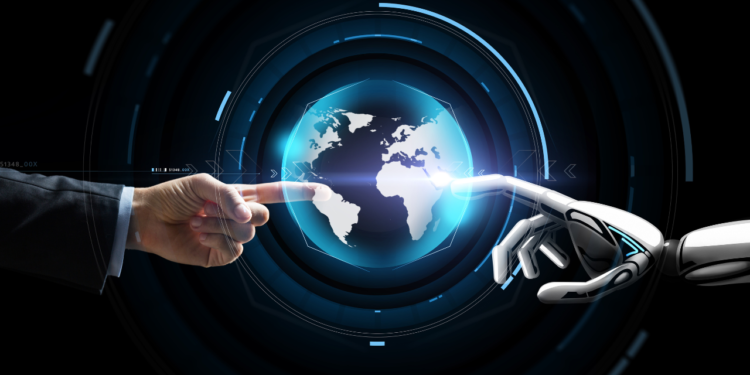
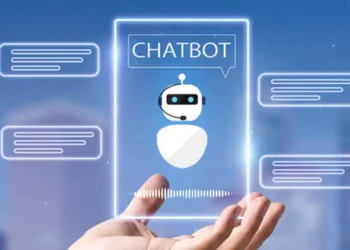
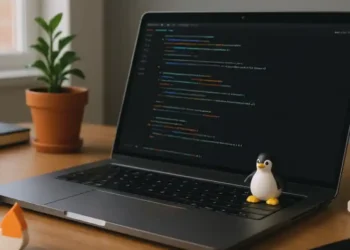
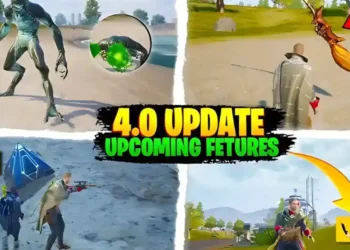
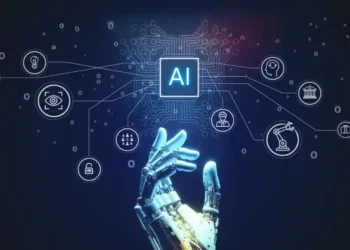
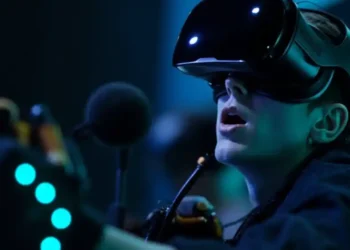
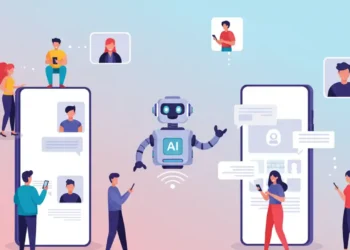






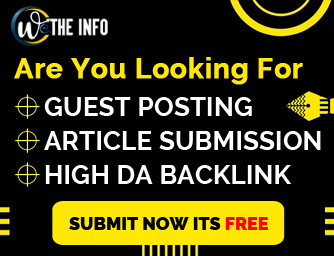

Discussion about this post